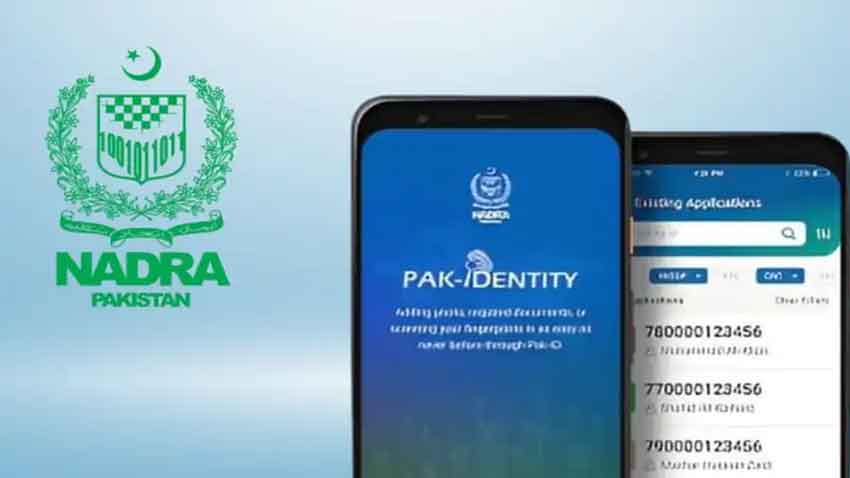
NADRA’s latest reforms, made under directives from Interior Minister Mohsin Naqvi, are aimed at making Pakistan’s identity system modern, secure, and efficient. These changes—approved by the Federal Cabinet—are expected to save time, cost, and prevent fraud, potentially saving the government and individuals up to Rs299,382 in administrative and verification delays.
Read more: FBR gets sweeping powers to target Non-Filers
One of the most impactful changes is the new rule requiring birth registration with the Union Council before the issuance of a Child Registration Certificate (CRC/Form B). Children under three will now be exempt from biometric data. From age three to ten, a photograph and iris scan (if available) are required. From ten to eighteen, fingerprints, iris scan, and photographs are mandatory. Each child will be issued a CRC with a defined validity period. These reforms could provide over Rs500,000 worth of impact by blocking child trafficking and illegal registrations.
In a bold new move, married women will now be given the choice to display either their father’s or husband’s name on their CNIC. This simple yet powerful change reflects a Rs1,000,000 symbolic step in recognizing women’s right to identity preferences, aligning NADRA with modern gender-sensitive practices.
New Legal FRC Rules
The Family Registration Certificate (FRC) now holds full legal status, improving trust in official documentation. Citizens can apply using NADRA’s own records, categorized into three family types:
Alpha (by birth)
Beta (by marriage)
Gamma (by adoption)
How to Apply
Applicants must submit an undertaking for accuracy, and any unlisted family members must be reported. Men with multiple marriages will now have all spouses listed clearly, which could eliminate confusion in legal or property matters—estimated to save citizens nearly Rs700,000 in legal disputes over family ambiguity.
30-Day Resolution Policy
NADRA has legally bound its district, regional, and HQ-level verification boards to resolve all identity disputes—including FRC and CRC—within 30 days. This development could save an average citizen Rs250,000 in wasted time, travel, and follow-ups previously spent chasing ID corrections.
The low-cost Teslin identity card has been upgraded to include smart card-level security features, without raising costs. These include:
Bilingual info (Urdu & English)
QR codes replacing thumbprints
Enhanced security and easier passport use
The upgraded card remains affordable and quick to issue, offering the features of a smart card at just a fraction of the cost, potentially delivering Rs150,000 worth of value for lower-income citizens.
Correction Benefits Through Voluntary Update Option
Citizens can now voluntarily correct any inaccurate identity data without penalty. This new correction facility allows people to come forward proactively for legal protection. With better clarity, this could save individuals up to Rs300,000 in fines, fraud losses, or blocked services due to incorrect records.
National Security Strengthening Through Definitions
The updated rules have finally defined essential identity terms such as:
“Biometrics” – including facial scans, fingerprints, behavioral traits
“Confiscation”, “Digital Marking”, “Intruders” and more
This clear terminology now becomes a national standard, which all major institutions like SBP, FBR, PTA, and others must follow. These reforms are expected to strengthen digital governance and national security—an impact worth Rs800,000 or more in fraud prevention and international credibility.
These reforms represent one of the most comprehensive overhauls of Pakistan’s identity system in decades. By prioritizing digital security, women’s rights, legal family clarity, and fraud prevention, NADRA has taken a strong step toward regional leadership in identity governance. The integration of biometric standards and faster resolution mechanisms not only helps individual citizens but also safeguards national interest. With cost-saving benefits and administrative improvements worth millions of rupees in combined impact, this reform can reshape how Pakistanis access services, protect identity, and participate in the digital economy.



